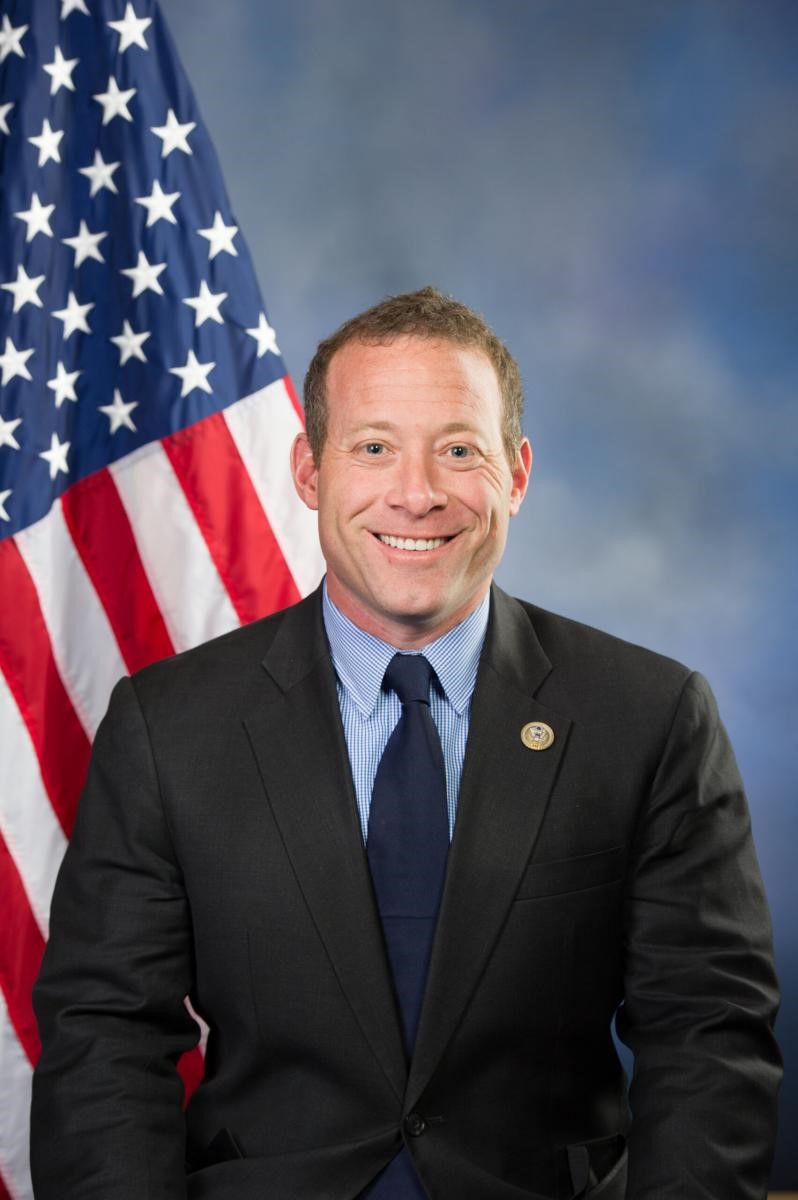
Legislation that seeks to strengthen protections and safeguards from financial predators scamming senior investors out of their savings passed the House of Representatives June 5 by a unanimous voice vote.
With older Americans reportedly losing up to $36 billion[1] each year to scams, the Senior Security Act (H.R. 2593) introduced April 13 by House Financial Services Committee Member Rep. Josh Gottheimer (D-NJ) creates a new Senior Investor Taskforce within the Securities and Exchange Commission (SEC).
“Unfortunately, far too many of our seniors have had their hard-earned retirement savings stolen right out from under them when a scammer calls or shows up at their door,” Rep. Gottheimer stated. “Millions of seniors across the country, including my own mother, have been the victims of financial scams, and far too many have been cheated out of their retirement savings. It’s appalling, it’s offensive, and it’s unacceptable.”
The taskforce's duties would include reporting on topics relating to investors over the age of 65, including industry trends and issues impacting such investors, and make recommendations for legislative or regulatory actions. More specifically, the SEC taskforce would be required to:
- Identify challenges that senior investors encounter, including problems associated with financial exploitation and cognitive decline;
- Identify areas in which senior investors would benefit from changes at the SEC or the rules of self-regulatory organizations;
- Coordinate, as appropriate, with other offices within the SEC and other taskforces that may be established within the Commission, self-regulatory organizations, and the Elder Justice Coordinating Council; and
- Consult, as appropriate, with state securities and law enforcement authorities, state insurance regulators, and other federal agencies.
In addition, the taskforce would be required to submit a biennial report to Congress that includes:
- A summary of recent trends and innovations that have impacted the investment landscape for senior investors;
- A summary of initiatives that have concentrated on senior investors and industry practices related to senior investors;
- Key observations, best practices, and areas needing improvement, involving senior investors identified during examinations, enforcement actions, and investor education outreach;
- A summary of the most serious issues encountered by senior investors, including issues involving financial products and services; and
- Recommendations for such changes to the rules or guidance of the SEC and self-regulatory organizations and such legislative actions to resolve problems encountered by senior investors.
The legislation also would require the Government Accountability Office—Congress’ investigative arm—to report on the financial exploitation of senior citizens.
H.R. 2593 is cosponsored by Reps. Ann Wagner (R-MO) and Mike Lawler (R-NY), who both also serve on the House Financial Services Committee.
The legislation has now been referred to the U.S. Senate, where companion legislation was introduced by Sens. Kyrsten Sinema (I-AZ) and Susan Collins (R-ME).
Footnote
[1] Estimates from National Council on Aging.
- Log in to post comments
